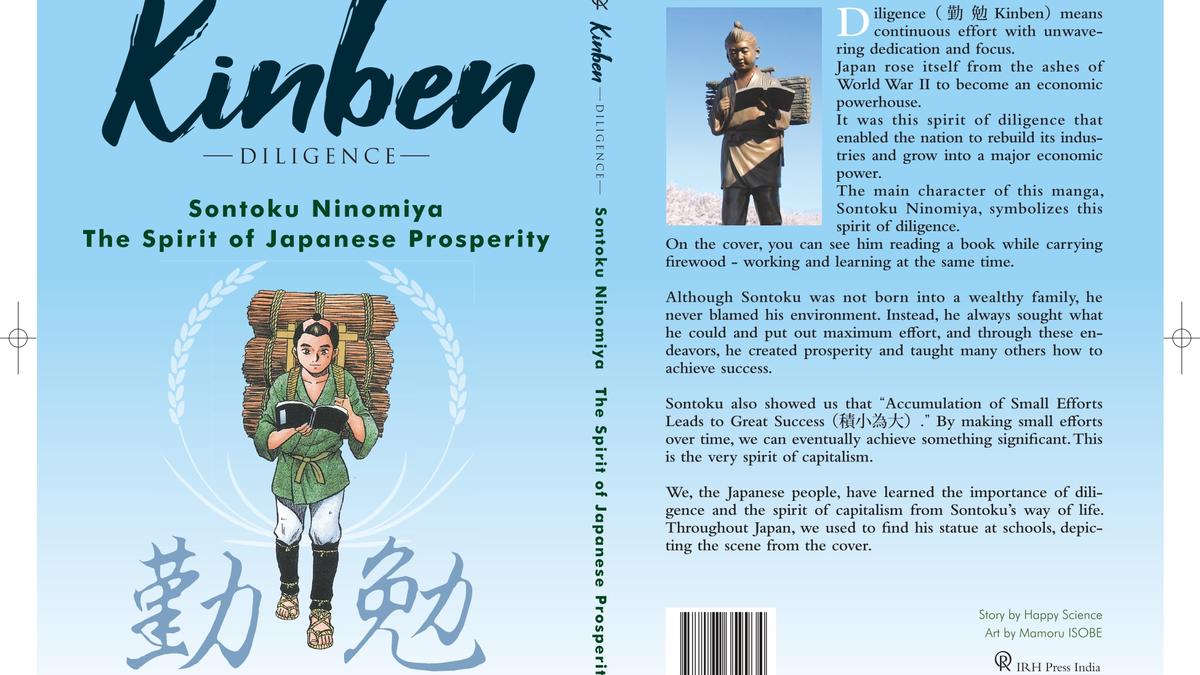
Lesson from Japan: A model for a hero in Indian textbooks Premium
The Hindu
Discover the enlightening Japanese concepts that have influenced nations and cultures worldwide, including the inspiring story of Sontoku Ninomia.
From business through health, Japanese concepts often enlighten and set the course for nations and cultures across the world. Japan’s success in post-war reconstruction has led many to see pathways for their own potential success in the Japanese. Therefore these concepts come attached with much value.
Among the more recent ones is Ikigai – based on a book that spotlighted long living Okinawans. But Mayuko Kataoka, former journalist and presently in charge of international publishing at IRH Press Co. of Japan, disputes that ikigai is central to Japanese life. “Kinben which stands for hard work and diligence is more basic to the Japanese. The kinben spirit helped Japan become industrialized,” she says.
Symbolizing the kinben spirit is Sontoku Ninomia, a peasant leader of early 19th-century Japan. Most Japanese learn about Sontoku Ninomia in school. His statues are common in front of elementary schools in Japan and show him carrying firewood but reading a book.
IRH Press has a stall at the ongoing Chennai Book Fair where Sontoku Ninomiya: The Spirit of Japanese Prosperity, a manga comic, is a key feature. The book drives several messages: thrift, family values, community spirit, resilience and so on.
Sontoku grew up poor. His father was too generous with giving away his wealth and went bankrupt when a flood destroyed his crop.
Poverty forced the Sontoku family to separate. He was raised by a mean uncle who refused to buy oil that he needed to light a lamp for studying at night. Sontoku grew rapeseed, exchanged it with oil at the shop, and studied.
Mean relatives, mean and indolent villagers, mean co-workers and mean climate – Sontoku’s life was about overcoming adversity but standing tall by not considering anyone his enemy. Acquiring small things eventually makes him accomplish big tasks. Bigger responsibilities come to him at various points in his life.





















 Run 3 Space | Play Space Running Game
Run 3 Space | Play Space Running Game Traffic Jam 3D | Online Racing Game
Traffic Jam 3D | Online Racing Game Duck Hunt | Play Old Classic Game
Duck Hunt | Play Old Classic Game











